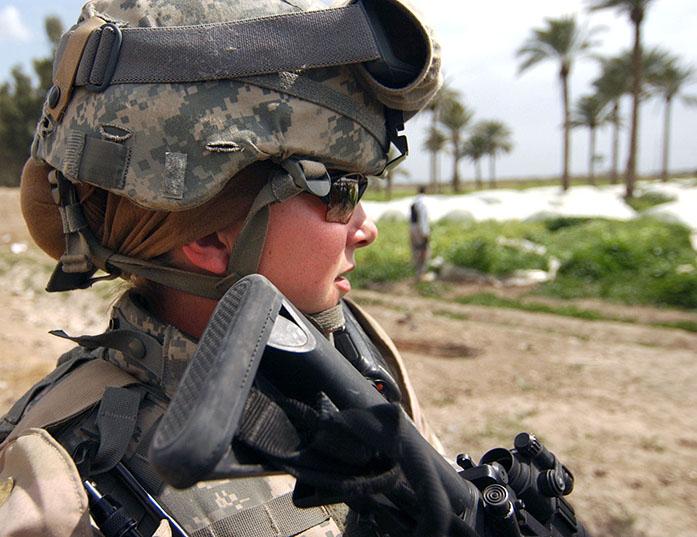Joe Lane
[email protected]
I am a feminist. In the most basic, Webster’s dictionary definition of feminism, I am a feminist. I believe, as I always have and always will, that men and women ought to be equal in nearly all, if not all, facets of life.
Because I believe that men and women should be equal, I have always been disappointed by the notable exclusion of women in the selective service. However, the reasoning behind the decision to include only men in the selective service was well-grounded … in another measure that unfairly excluded women.
The 1981 Supreme Court case of Rostker v. Goldberg, according to the Washington Post, determined that women would not be considered in the selective service because they were not allowed to hold combat jobs such as infantryman.
However, just last week, according to the AP, Defense Secretary Ash Carter announced that he would order the opening of all military positions to women, including the most dangerous commando positions.
As several articles have explained, this drastic change that opens roughly 220,000 military jobs to women, even including special operations forces, may pave the way for women to be eligible for the selective service. This, however, should not be viewed as a sacrifice or as a concession made in the name of equal rights.
By allowing (or requiring) women to take part in the selective service, the U.S. Department of Defense, specifically Carter, is saying that women now stand on equal in a field once filled exclusively by men.
The move by Carter by no means guarantees the changing of the selective service but it does pave the way for an often-ignored aspect of the fight for women’s equality. And while the role of women in nearly every war in U.S. history is undeniable, their role has been unnecessarily and unfairly diminished by archaic regulations.
In the coming weeks, the White House and the Pentagon will seek advice from a variety of internal and external experts in determining what the next steps in the selective service will be. And although there has not been a draft in effect in the United States since Vietnam, the decision will carry both symbolic meaning and significance as Western allies debate how to handle ISIS.
At the core of the issue, however, is what the selective service represents to those in the United States. The Washington Post article also includes that there have been lawsuits filed in which the selective service has been called into question for discrimination against both men and women.
Some view the selective service as a duty that men must deal with as a citizen of the United States while others believe that not allowing women into the draft system undermines their value to the military and the country as a whole.
For what it’s worth, the thought of the U.S. entering a war in the next six years — I am 20, and the selective service continues until the age of 26 — that reaches a scale so large the selective service is put to use, is terrifying. However, were my name selected for such a draft I would not hesitate to serve my country.
While, in the most technical sense, the selective service is a “requirement,” it is a requirement that means more than a duty. Requirements, benefits, issues, or respect; all of these things and more need to be split equally among men and women in the U.S. and until the lens widens to include the less-glamorous components, the U.S. will never rid itself of the problems inequality brings.









